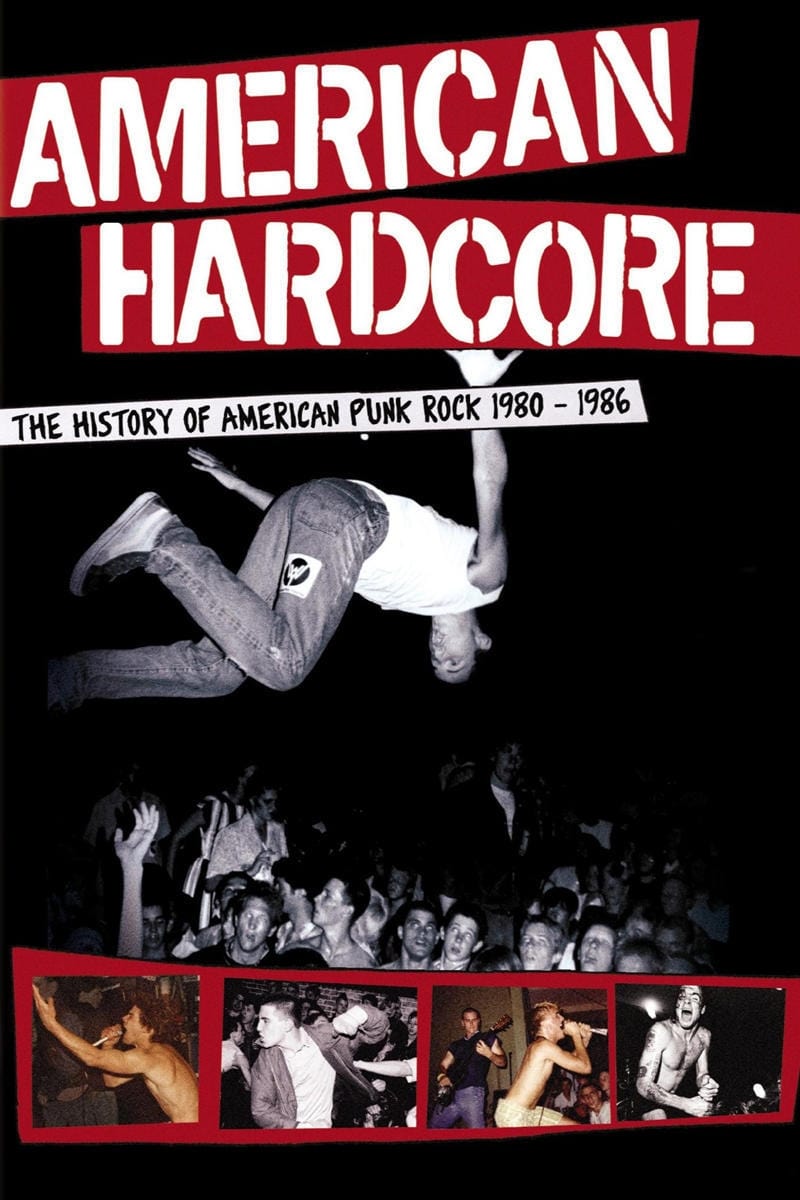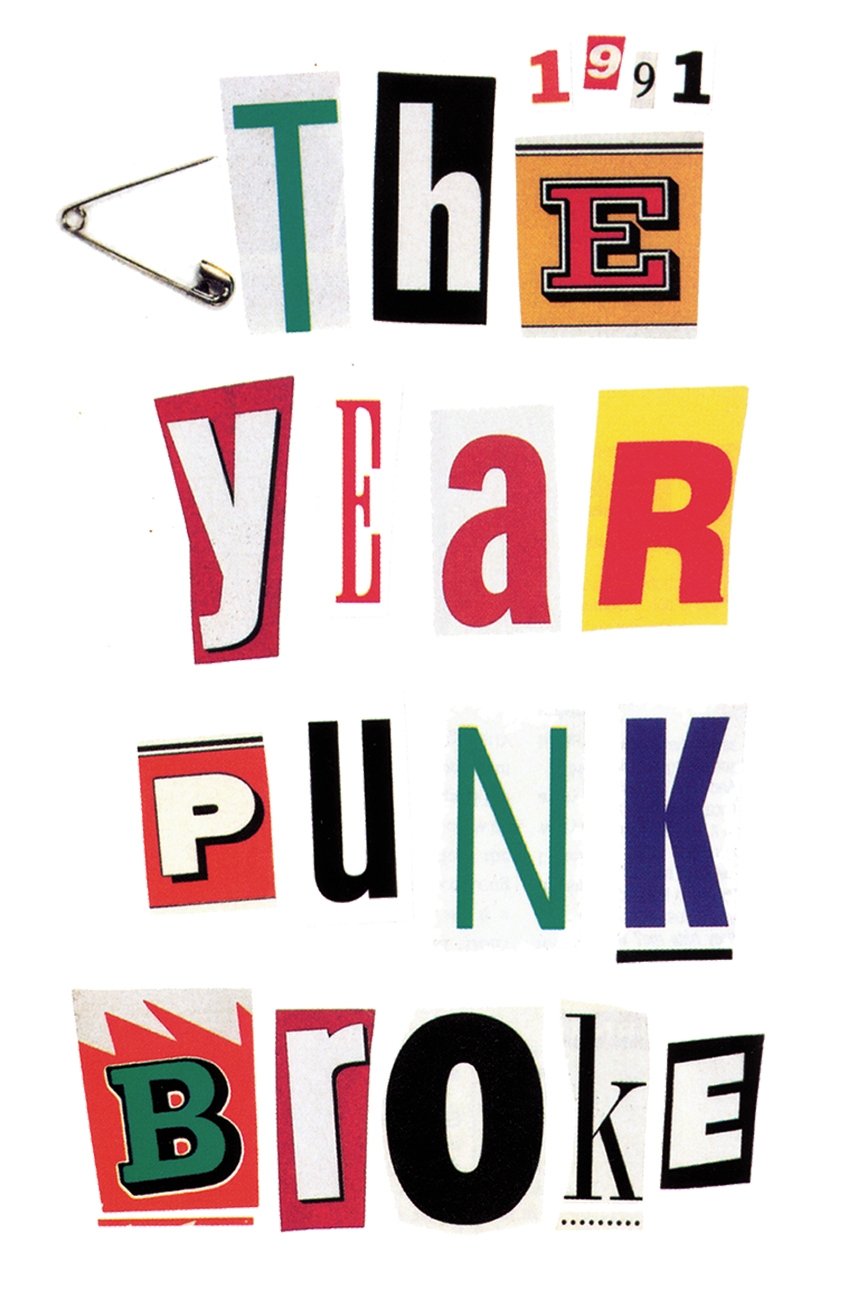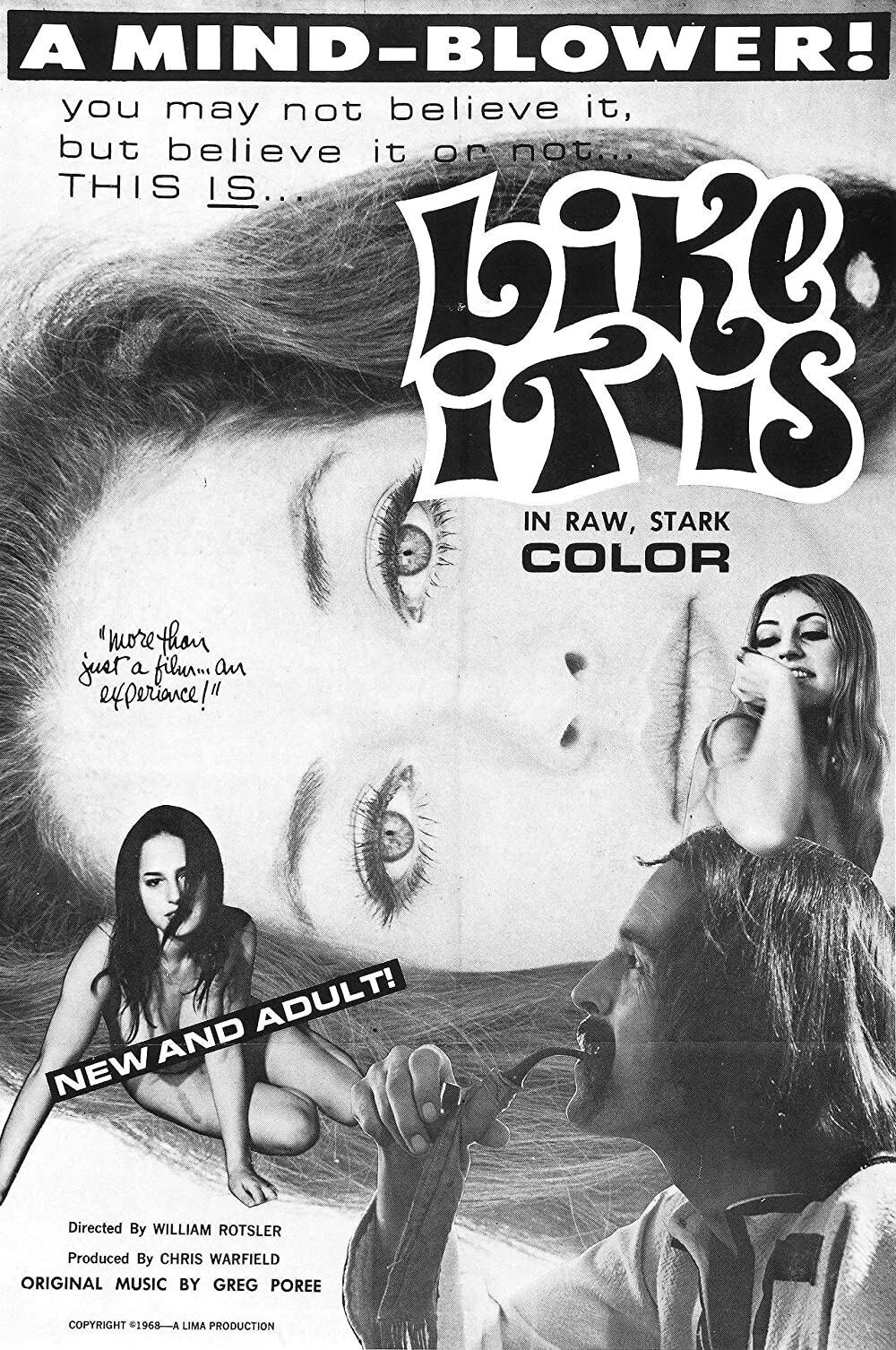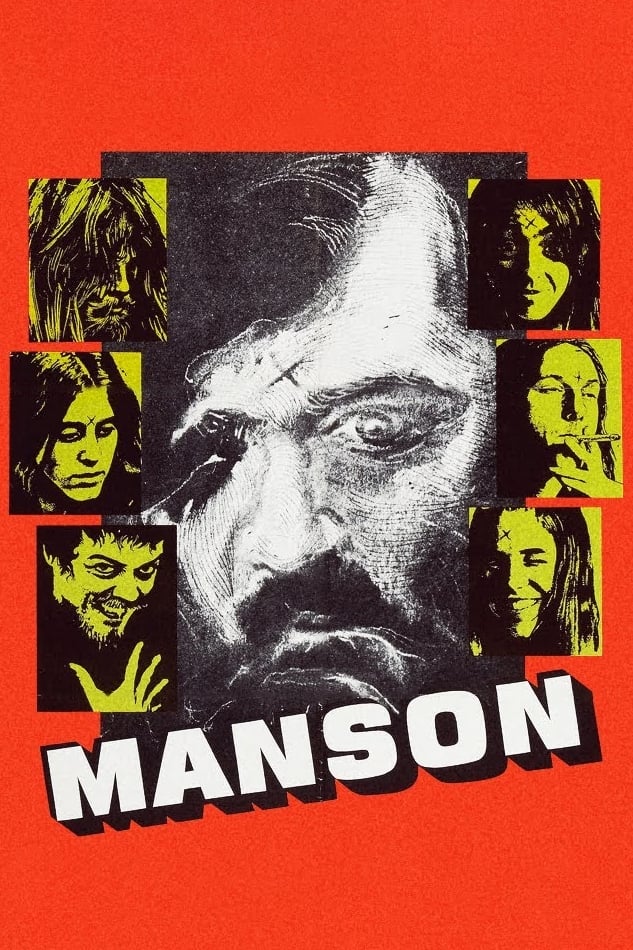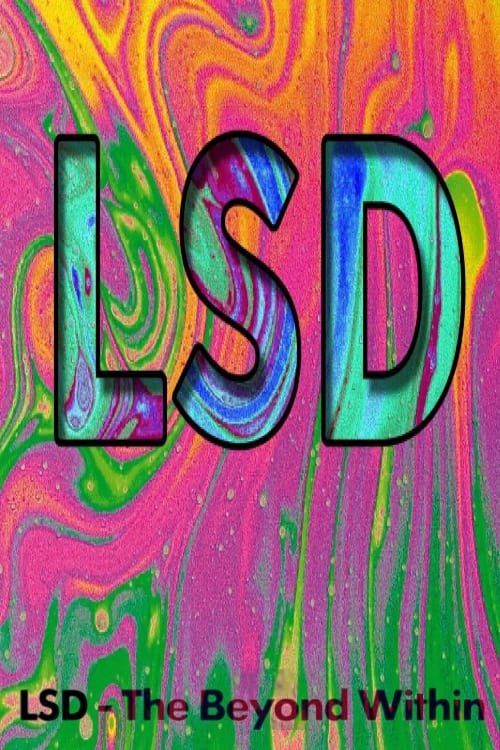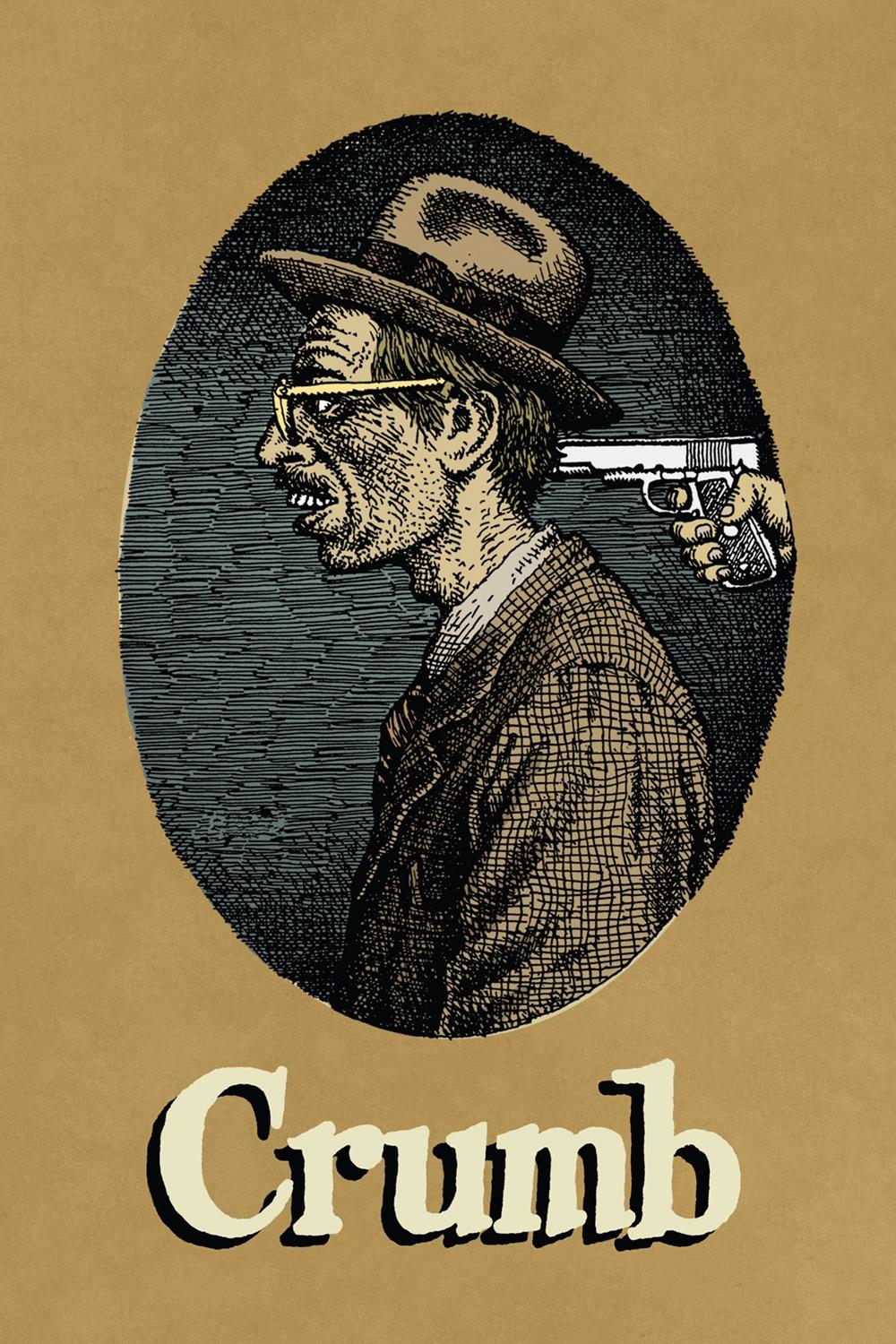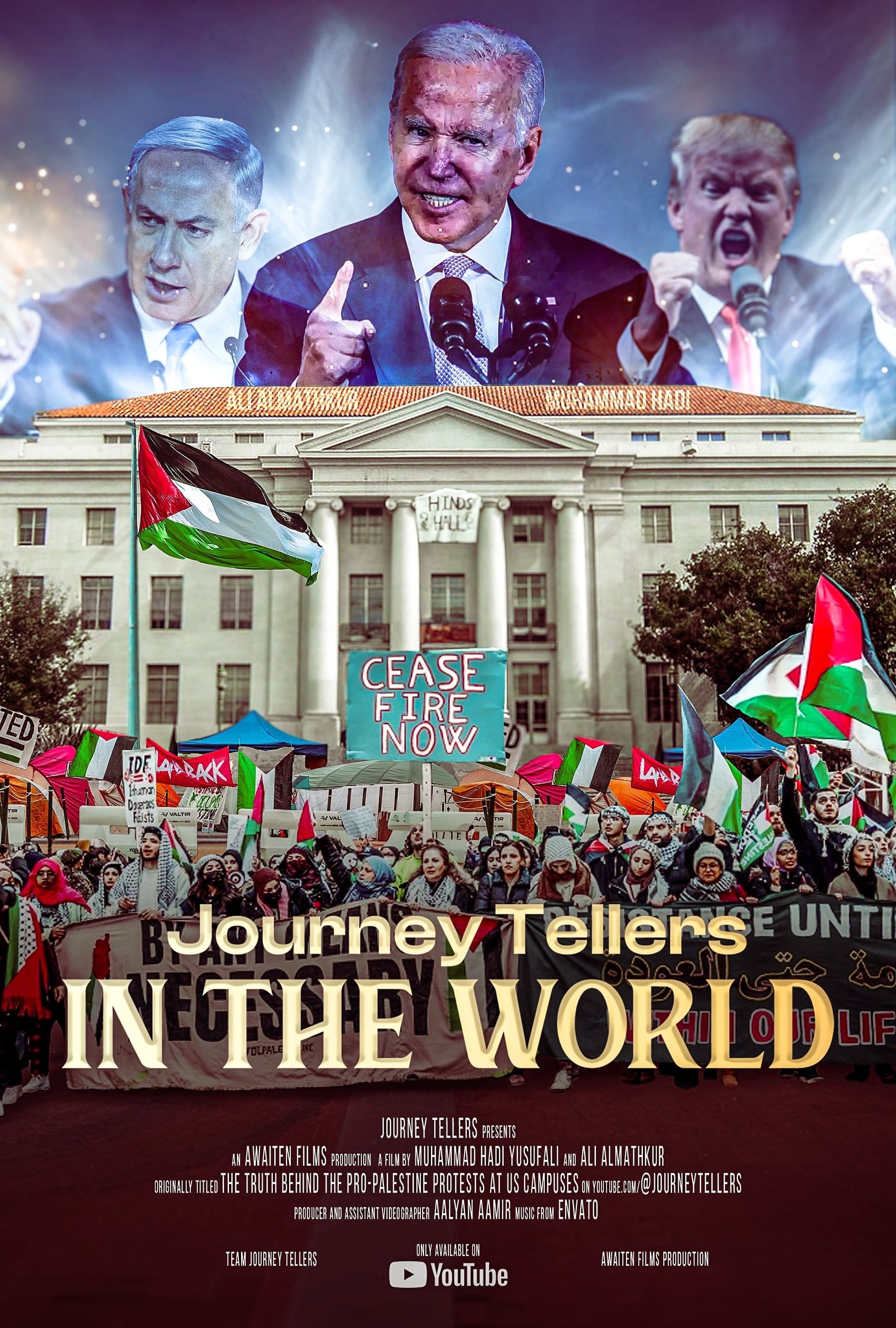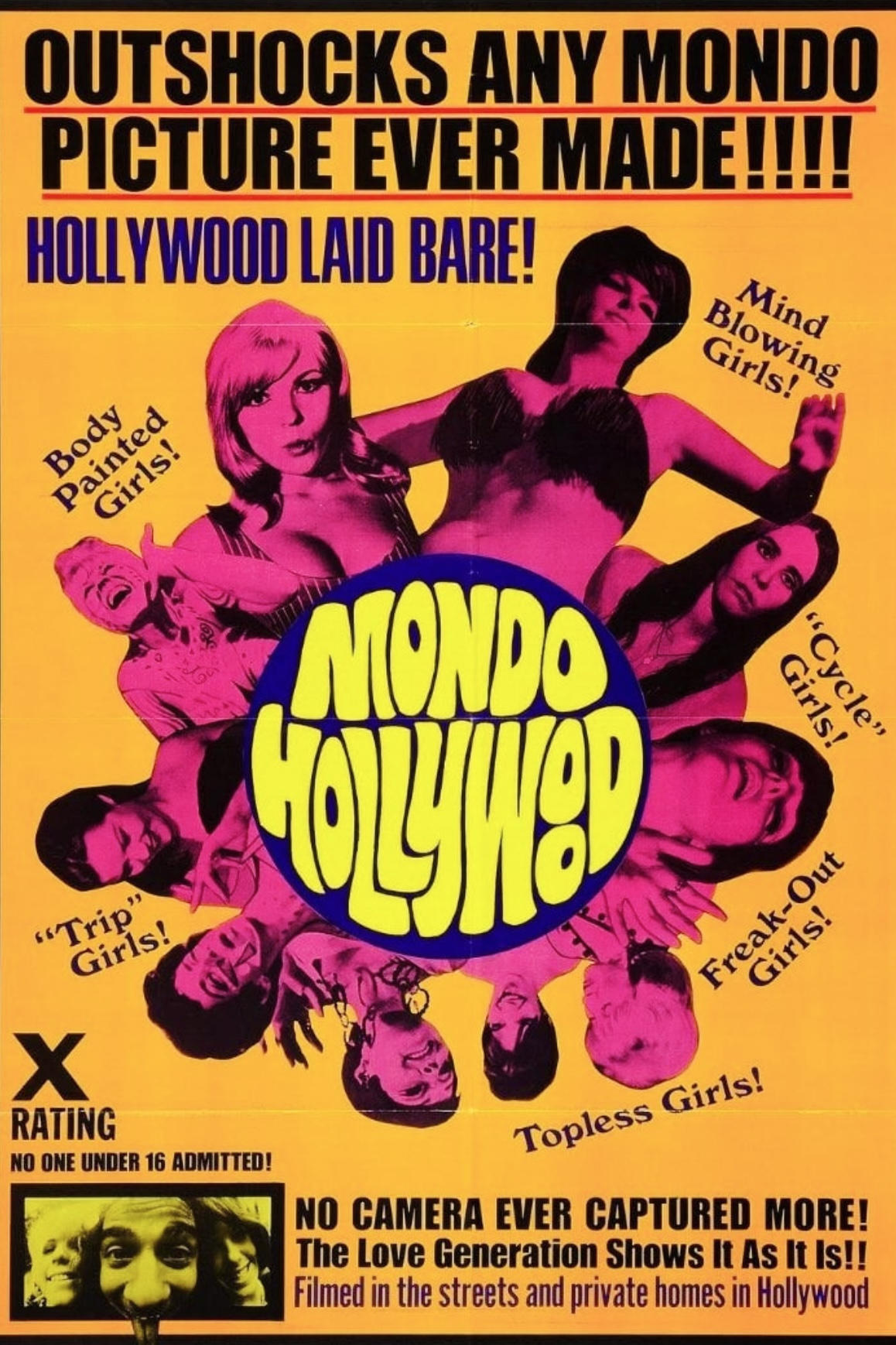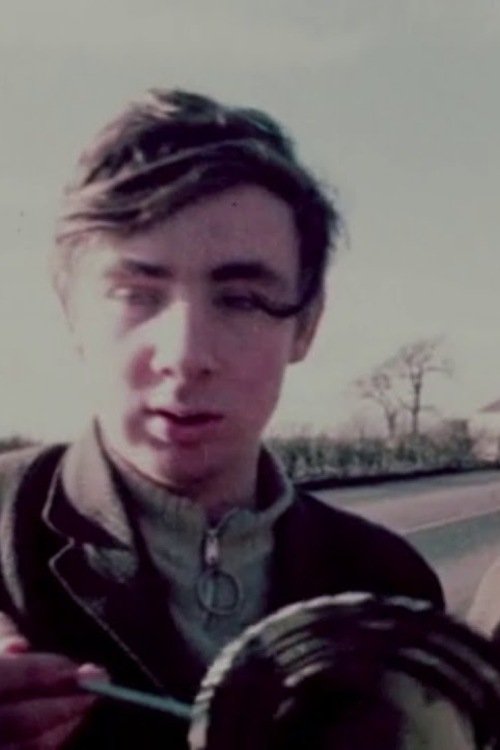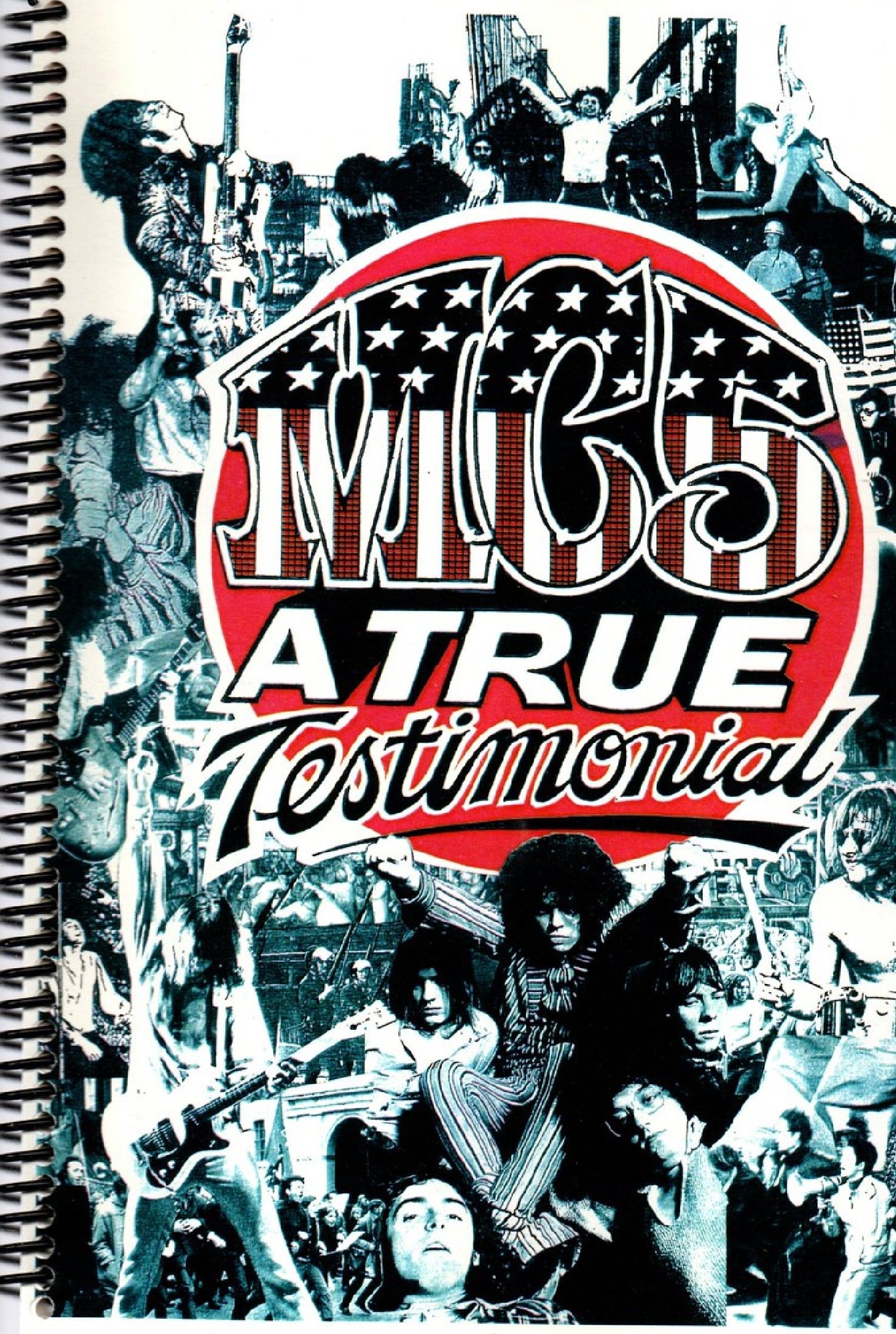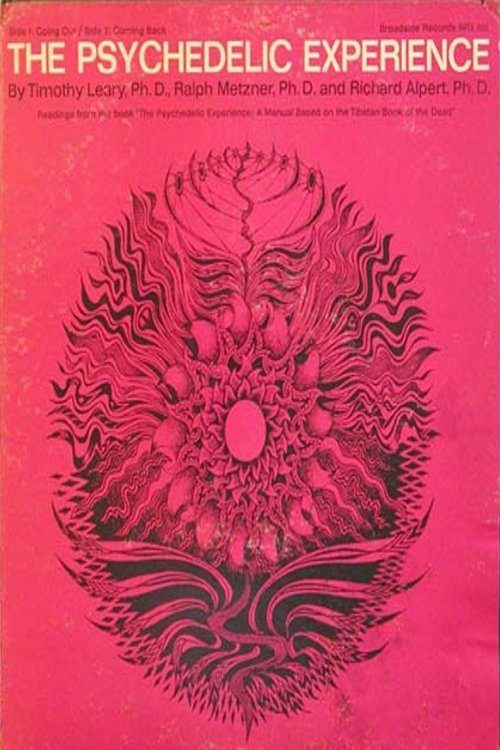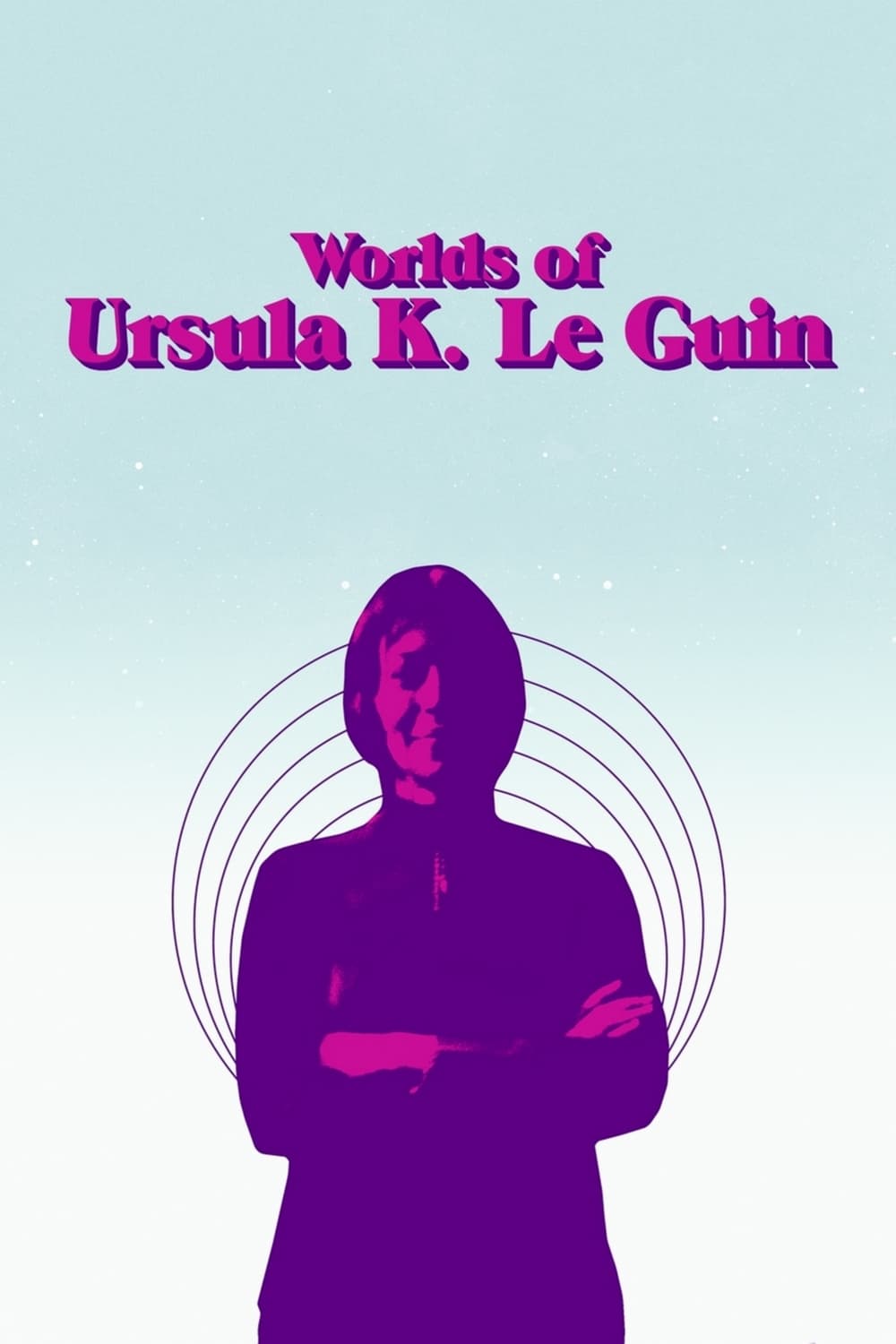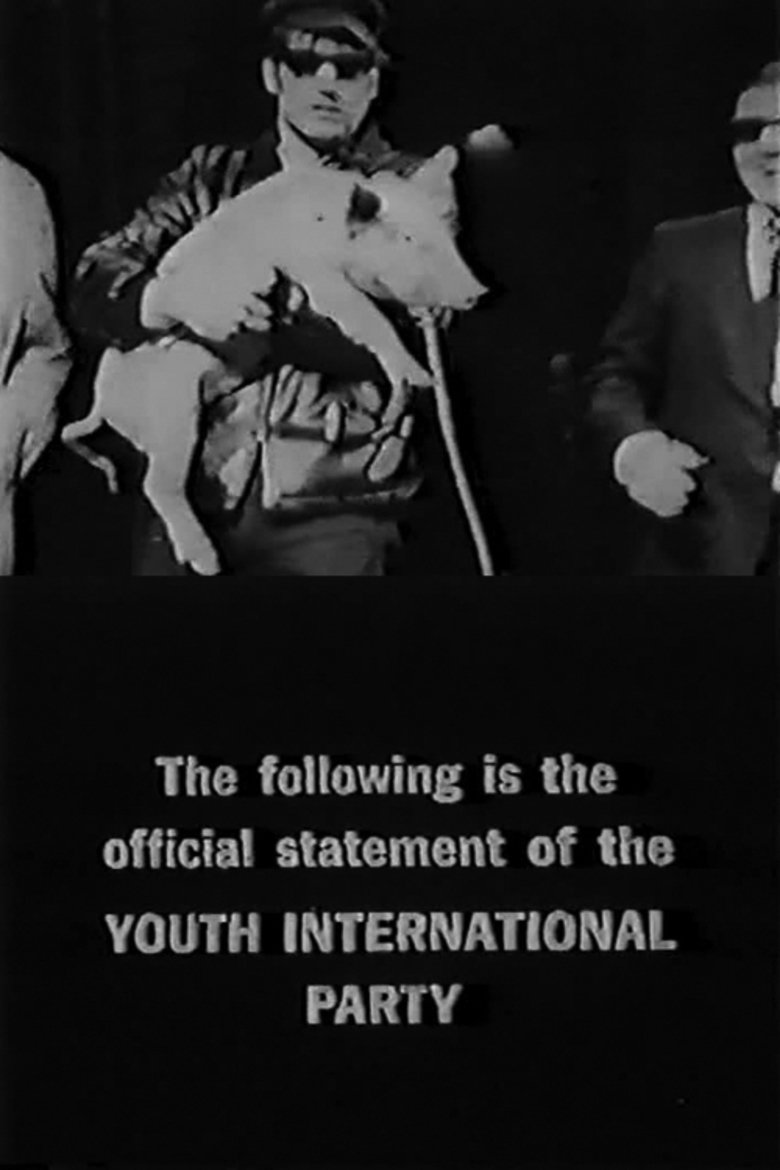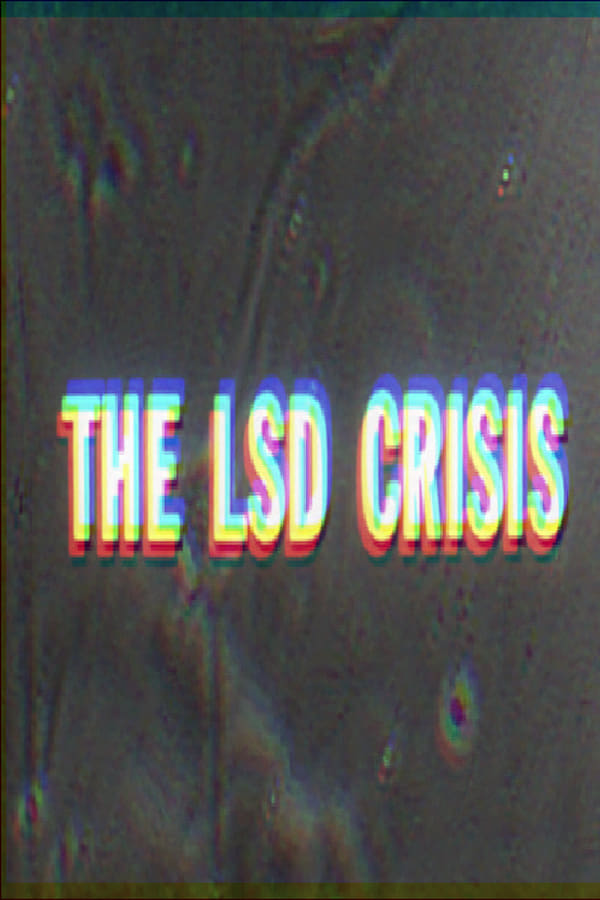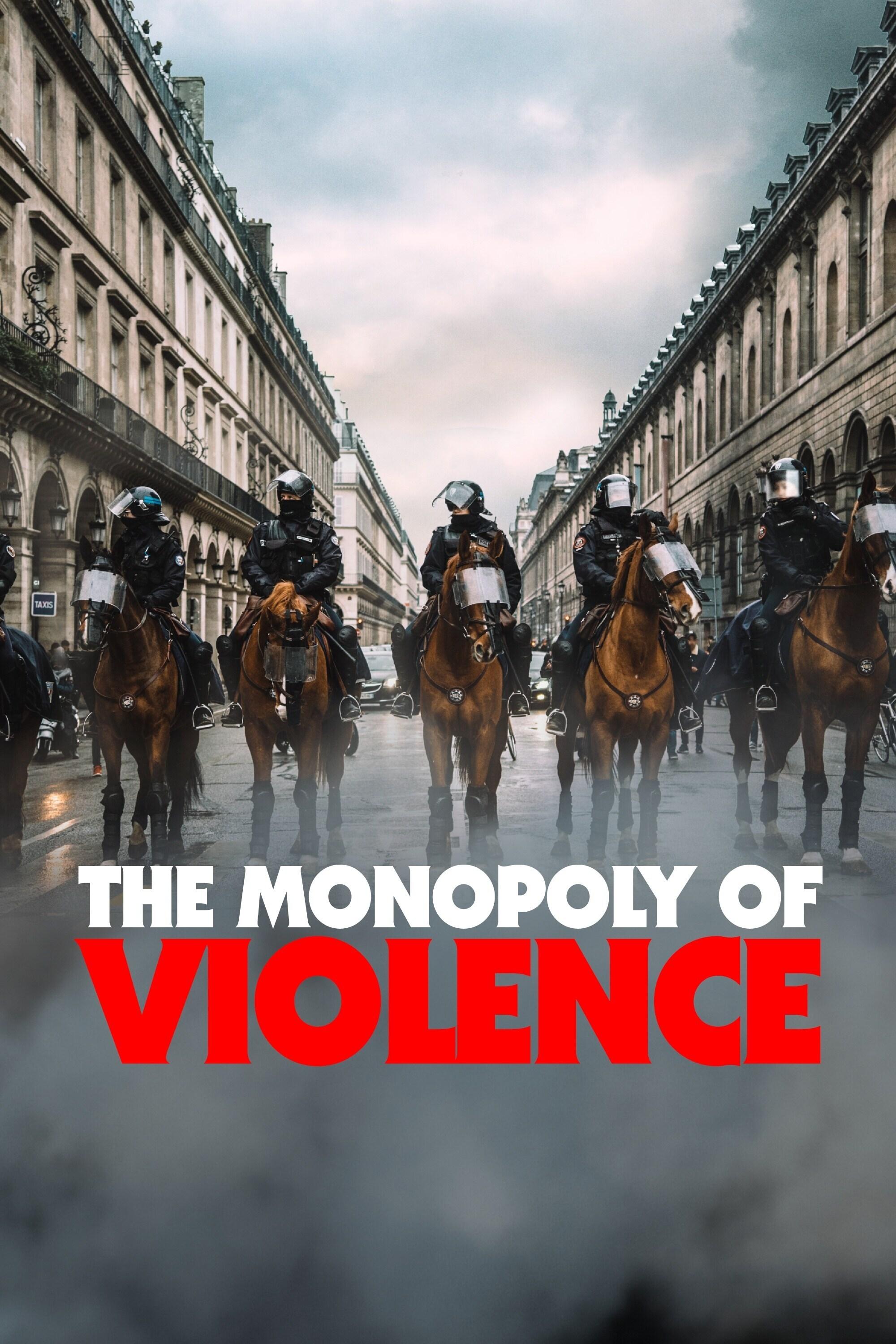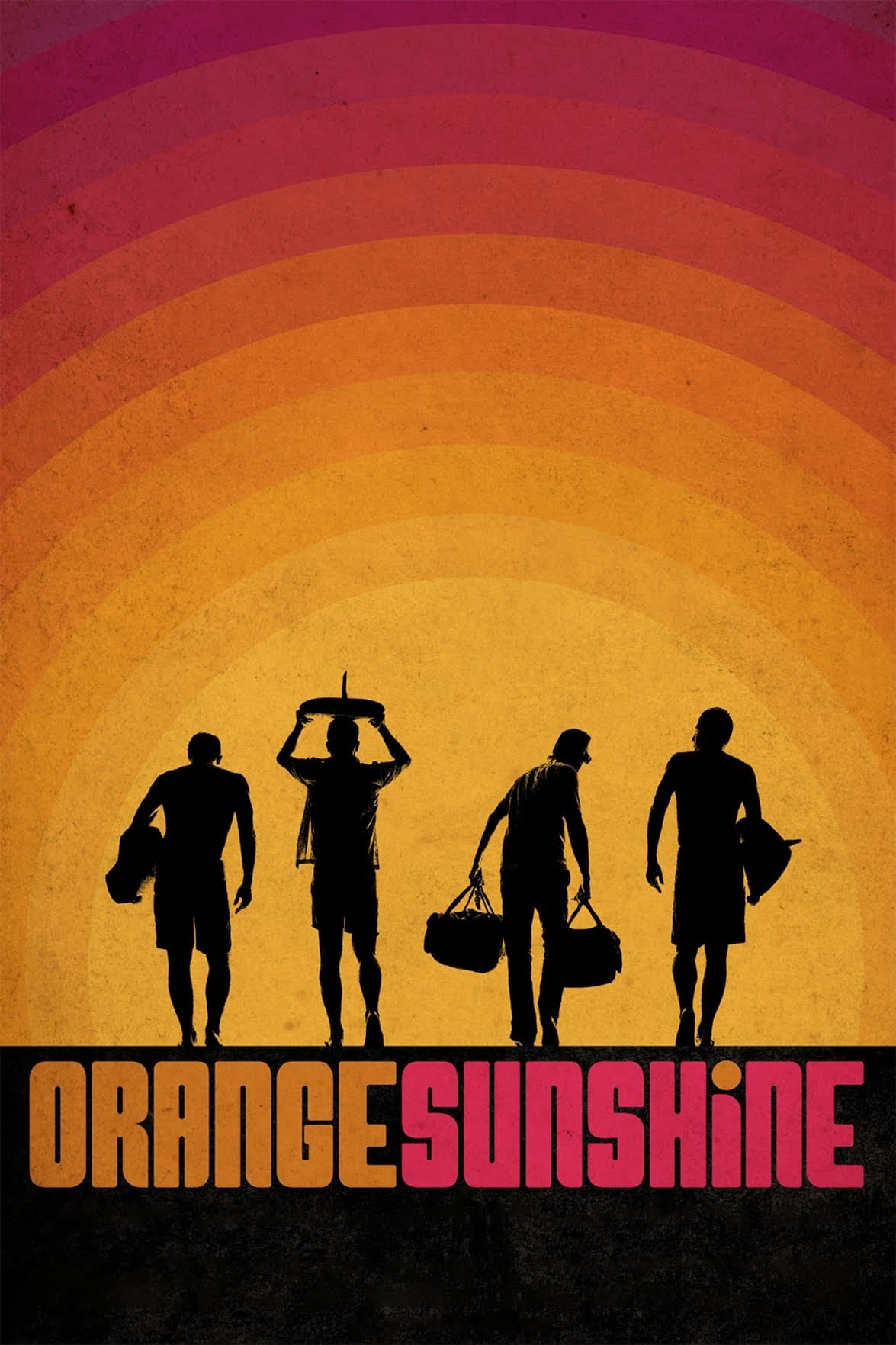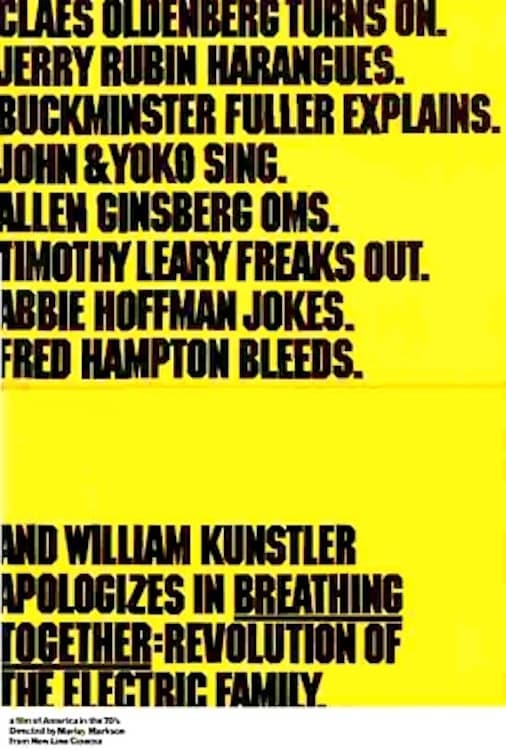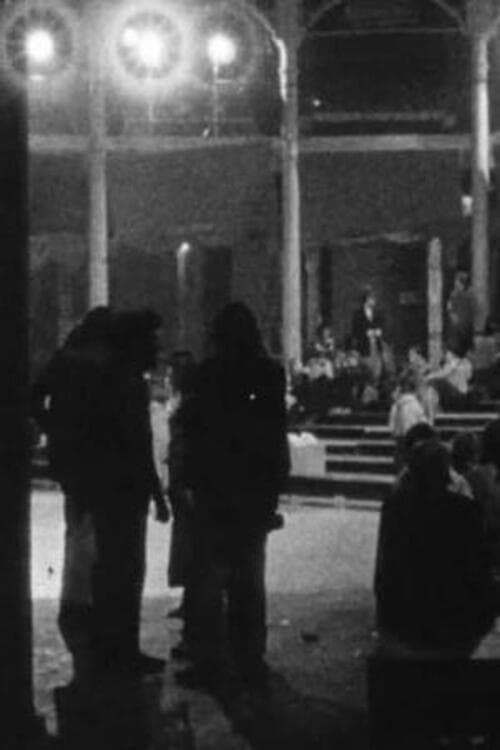
Dance Festival (1969)
Overview
Join distracted onlookers at a protest “be-in” at Camden’s Roundhouse –alongside portraits of Lenin and a giant inflatable phallus.
Production Companies
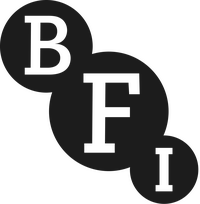
Additional Info
| Budget | $0.00 |
|---|---|
| Revenue | $0.00 |
| Original Language | en |
| Popularity | 0.0256 |
Directed By
Crew
TOP CAST
Similar Movies
American Hardcore
Inspired by Steven Blush's book "American Hardcore: A tribal history" Paul Rachman's feature documentary debut is a chronicle of the underground hardcore punk years from 1979 to 1986. Interviews and rare live footage from artists such as Black Flag, Bad Brains, Minor Threat, SS Decontrol and the Dead Kennedys.
1991: The Year Punk Broke
David Markey's documentary of life on the road with Sonic Youth and Nirvana during their tour of Europe in late 1991. Also featuring live performances by Dinosaur Jr, Babes in Toyland, The Ramones and Gumball.
Chicago 10
Archival footage, animation and music are used to look back at the eight anti-war protesters who were put on trial following the 1968 Democratic National Convention.
Like It Is
This documentary on the "youth movement" of the late 1960s focuses on the hippie pot smoking/free love culture in the San Francisco Bay area.
Night Lunch
This is Poe and Král's first effort, shot on small-gauge stock, before their more well-known endeavor The Blank Generation (1976) came to be. A "DIY" portrait of the New York music scene, the film is a patchwork of footage of numerous rock acts performing live, at venues like Madison Square Garden, Radio City Music Hall, the dive bars of Greenwich Village and, of course, CBGB.
LSD: The Beyond Within
This refreshingly frank and impartial study of the discovery and development of the notorious hallucinogenic drug is notably free of moral judgmental, and features contributions from such legendary heroes of psychedelia as Albert Hoffman - the Swiss scientist who discovered the drug - Aldous Huxley - author of 'The Doors of Perception' - Ken Kesey - author of 'One Flew Over the Cuckoo's Nest.
Crumb
This movie chronicles the life and times of R. Crumb. Robert Crumb is the cartoonist/artist who drew Keep On Truckin', Fritz the Cat, and played a major pioneering role in the genesis of underground comix. Through interviews with his mother, two brothers, wife, and ex-girlfriends, as well as selections from his vast quantity of graphic art, we are treated to a darkly comic ride through one man's subconscious mind.
The Truth Behind UC Berkeley's Pro-Palestine Protests: Journey Tellers in the World
Universities across the US are erupting with protests and encampments in support of Palestine. This is unlike anything humanity has in recent history. Why are students doing this? What's the big deal? And why now? The Journey Tellers team set out to answer these questions and more at the UC Berkeley Free Palestine Encampment, on the first day it was launched in the University of California, Berkeley.
Mondo Hollywood
Long considered a cult classic, "Mondo Hollywood" captures the underside of Hollywood by documenting a moment in time (1965-67), when an inquisitive trust in the unknown was paramount, hope for the future was tangible and life was worth living on the fringe. An interior monologue narrative approach is used throughout the film, where each principal person shown not only decided on what they wanted to be filmed doing, but also narrated their own scenes. The film opens with Gypsy Boots (the original hippie vegan - desert hopping blender salesman), and stripper Jennie Lee, working out 'Watusi-style' beneath the 'Hollywood' sign -- leading into the 'sustainable community' insight of Lewis Beach Marvin III, the S&H Green Stamp heir, who lived in a $10 a month garage while owning a mountain retreat in Malibu.
Right to Work March
They're young, unemployed and on the march - from Glasgow, Liverpool and Swansea to London.
MC5: A True Testimonial
This documentary, made over a period of eight years, tells the remarkable story of an extremely influential rock'n'roll band. Starting from their mid-60's garage band roots (sounding amazingly like the Sonics), the Motor City 5 deveoped into an icon for a brand of loud, crushing music reflecting their industrial roots. Even if you don't care for their music (and you're bound to like even a few of their songs), their story is fascinating. It combines 60's protest, youthful braggadocio, and a style of music that would help carry one to the likes of Iggy and the Stooges (not to mention certain aspects of punk rock). This film is clearly a labor of love, combining extraordinarily rare live shows, still shots, a nearly-continuous backdrop of MC5 tunes, penetrating interviews with the remaining members and their spouses, and even FBI surveillance shots. It's the ultimate testimonial to a band that only gains in stature as time goes on.
The Psychedelic Experience
Experimental movie, where a man comes home and experiences LSD. His kaleidoscopic visions follow, with readings inspired by the Tibethan Book of the Dead.
Worlds of Ursula K. Le Guin
The extraordinary life story of science fiction and fantasy writer Ursula K. Le Guin (1929-2018) who, in spite of remaining for many years on the sidelines of the mainstream literature, managed to be recognized as one of the most remarkable US writers of all time, due to the relevance of her work and her commitment to the human condition.
Take It or Leave It
Autobiographical account of the cult 80's British pop group 'Madness (II)' , with members of the group playing themselves, charting their rise from humble beginnings as pub band The Invaders to chart success and their first overseas tour. The film follows the ups and downs of individual members of the group, and features all of their early hits including "The Prince", "One Step Beyond", "Baggy Trousers" and "Night Boat to Cairo"
Yippie
The Youth International Party, whose members were commonly called Yippies, was a radically youth-oriented and countercultural revolutionary group opposed to war and the status quo of American culture. Known for using theatrics and humor to advocate social change, several Yippies were notably on trial as the Chicago 7. Primarily consisting of footage from the 1968 Democratic National Convention in Chicago which sparked massive demonstrations that were met by violence and hysteria caused by the police. This film also includes found newsreel footage as well as Pigasus - the pig the Yippies advanced as a candidate for President of the United States.
How To Go Out of Your Mind: The LSD Crisis
Back in the 1960's a former Harvard professor stopped giving A's, B's and C's and started handing out LSD. his name was Timothy Leary and he was at the center of a controversy in North America over the growing use of psychedelic drugs. Leary ran a research center in New York state where young people took 'acid' while he took notes. The media took notice.
The Monopoly of Violence
As anger and resentment grow in the face of social inequalities, many citizens-led protests are being repressed with an ever-increasing violence. In this documentary, David Dufresne gathers a panel of citizens to question, exchange and confront their views on the social order and the legitimacy of the use of force by the State.
Orange Sunshine
The never-before-told story of the Brotherhood of Eternal Love – a spiritual group of surfers and hippies in Southern California that became the largest suppliers of psychedelic drugs in the world during the 1960s and early 1970s. Bonded by their dreams to fight social injustice and spread peace, this unlikely band of free-spirited idealists quickly transformed into a drug-smuggling empire and at the same time inadvertently invented the modern illegal drug trade. At the head of the Brotherhood, and the heart of this story, is the anti-capitalistic husband and wife team, who made it their mission to change the world through LSD.
Breathing Together: Revolution of the Electric Family
The title of this Canadian documentary may have some relation to Canadian Marshall McLuhan's theories. It combines interview with famous U.S. militants of the '60s, such as Jerry Rubin and Abbie Hoffman, with reenactments of their Chicago trials (i.e., the "Chicago Eight," etc.). Other figures of cultural interest from the time, including Alan Ginsberg and Buckminster Fuller, are interviewed or featured. The filmmaker indicates his belief that powerful forces in the U.S. government worked together to suppress American radicals. This view, widely disbelieved at the time, has since been confirmed.
